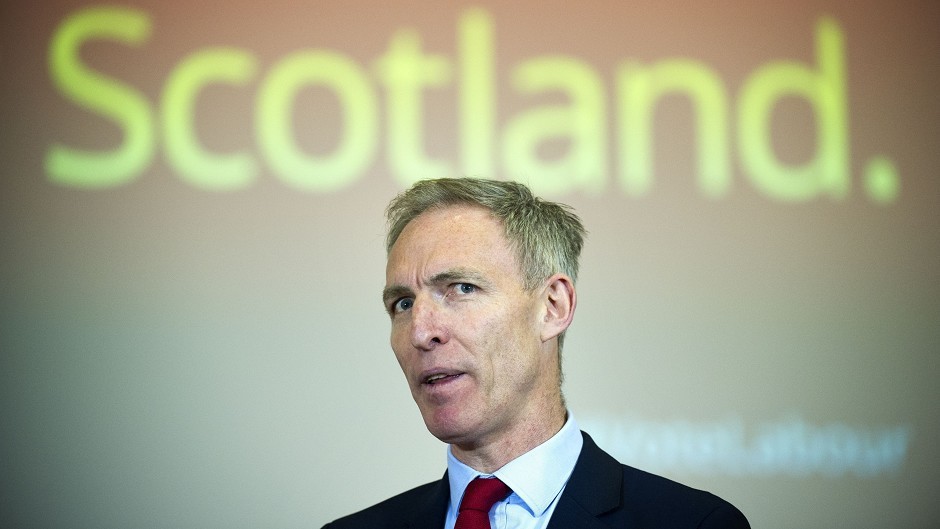Labour and the SNP crossed swords yesterday with each claiming they were the only ones capable of reducing energy bills.
Scottish Labour leader Jim Murphy challenged the SNP to “stand up to the vested interests” of the energy companies and back a price freeze.
He said the measure would save every Scottish household £120 and when combined with the impact on business bills would save £500million.
“For all their bluster about making Labour bolder, the SNP are silent on the energy price freeze. This is yet another radical Labour policy that the SNP cannot and will not match,” he said.
“On May 7 a vote for Scottish Labour is a vote for a UK Labour government that will stand up to the energy companies and set us on the road to a fairer Scotland. A vote for the SNP simply sets us on the road to a second referendum. That’s not what Scotland needs or wants right now.”
The SNP called on Labour to back its commitment to remove the energy company obligation (ECO) that requires energy companies to help pay for efficiency measures like loft insulation.
The nationalists also pledged to ensure energy companies pass on the benefits of lower prices to consumers.
SNP energy spokesman Mike Weir said: “The SNP believe that central government should fund the energy company obligation, not hard pressed households. This levy on household bills is put to good use in funding energy efficiency programmes to reduce fuel poverty.
“That work should continue but it makes no sense that a measure designed to tackle fuel poverty is instead driving up household energy bills and thus exacerbating fuel poverty.”
“Funding ECO directly is a major investment in energy efficiency, making homes warmer, bills lower and reducing carbon emissions.”
Mr Weir also accused Labour of introducing electricity transmission charging in Scotland which he said would result in the closure of Longannet power station and penalised renewable energy generation.
“Labour’s manifesto was silent on transmission charges, which is unacceptable given the importance of Longannet to the Scottish economy,” he said.
